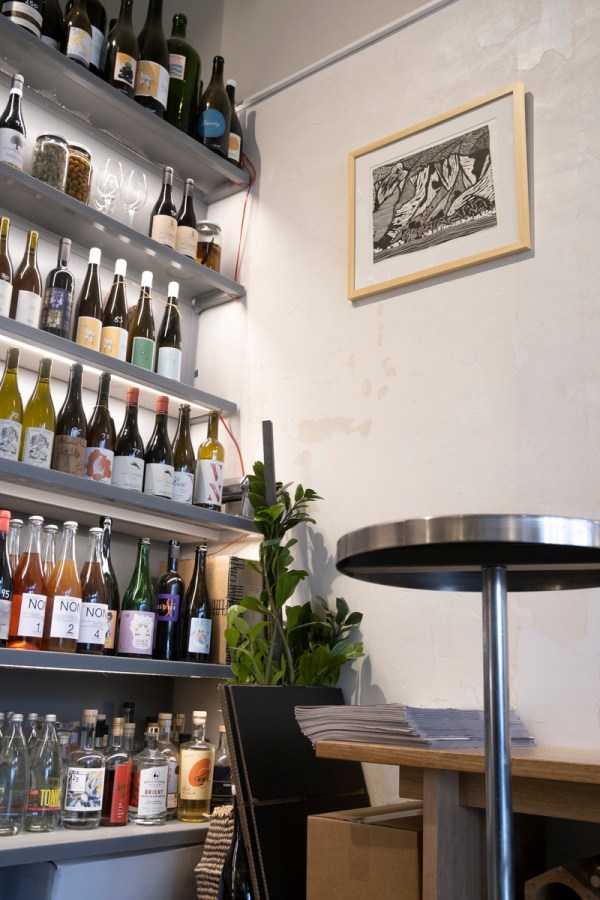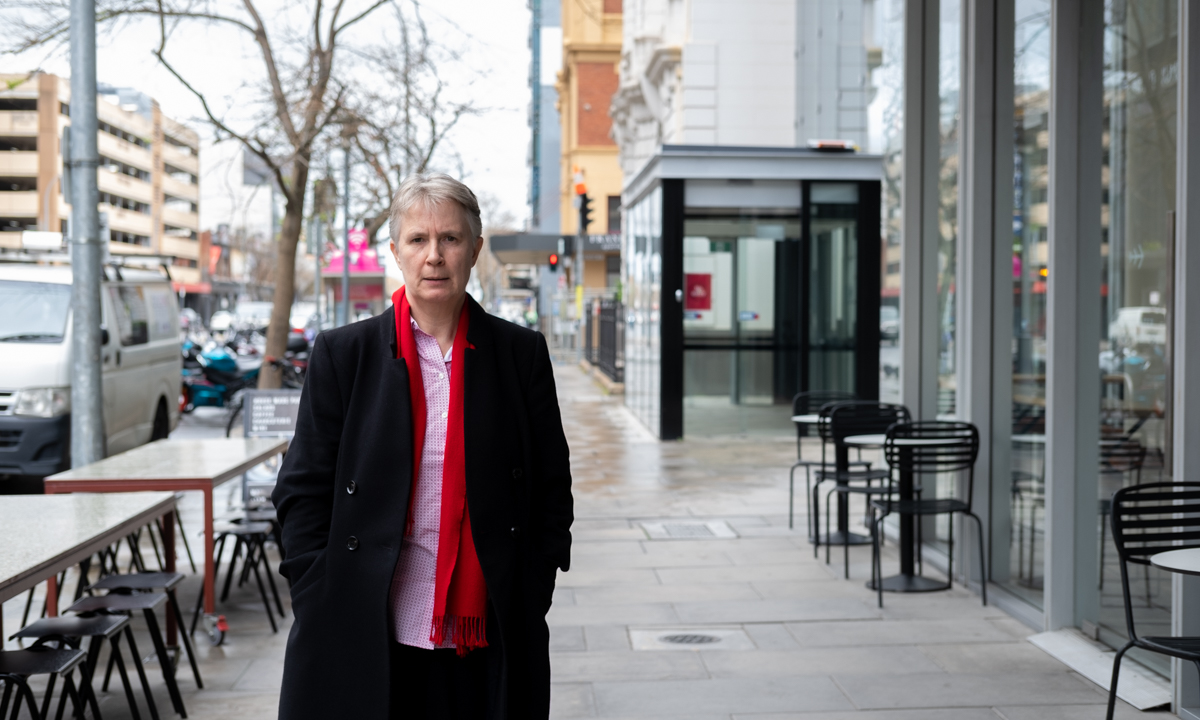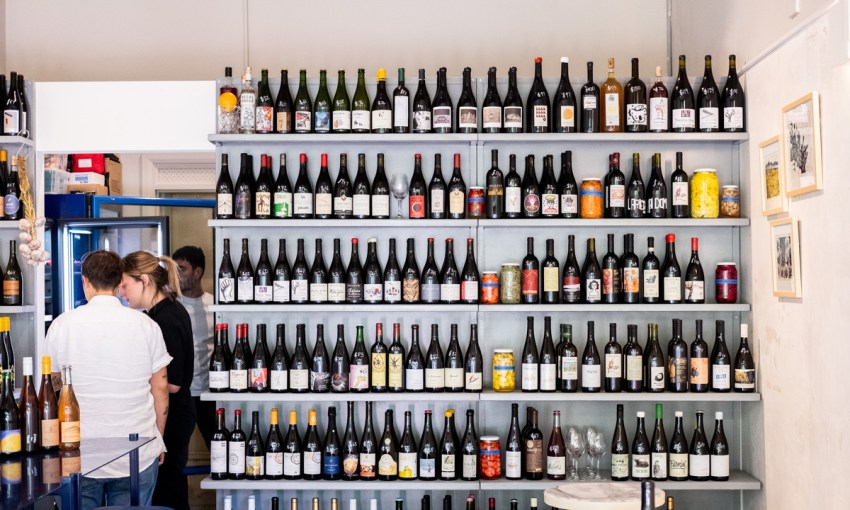The Adelaide City council recently recommended that the State Government mandate hospo employees be taught how to prevent sexual assault, rape, binge drinking and harassment in venues — but the Australian Hotels Association has reservations about the suggested fix.
Bystander intervention training tipped for bartenders, glassies
Elected members last week supported the city council’s submission for the government’s review of the Late night Trading Code of Practice — a 10-year-old policy aimed at minimising harm in the city’s late-night ecosystem.
This article discusses sexual assault.
If this story raises issues for you, call LifeLine on 13 11 14.
—
If you have a tip related to sexual assault in hospitality, contact us:
cm@solsticemedia.com.au
The policy famously includes lockout laws, which dictate licensed venues cannot legally let patrons inside after 3am (except the Adelaide Casino and restaurants). The policy also says no “shooters”, “doubles”, “laybacks” or similar drinks can be served from 2am.
While the Adelaide City Council administration recommended not changing the strict 3am lockout laws — with the report saying the rule “enabled venues to continue trading until their approved closing time by providing a well-managed environment within the venue” — they want to make it a requirement that all hospitality employees be educated in bystander intervention training.
City of Adelaide CEO Clare Mockler wrote to South Australia’s Commissioner for Consumer Affairs, Liquor and Gambling, Dini Soulio, stating the council supports amending the code “to require mandatory employee training in Bystander Intervention Training”.
“This can be implemented through existing training options such as Responsible Service of Alcohol,” she says in the letter.
“The training should also reference broader discrimination including racism, ageism, and ableism.”
Deputy general manager of the Australian Hotel Association, Anna Moeller tells CityMag the organisation “would not support” mandatory bystander training as it would place an “unrealistic cost burden” on an industry “largely made up of small and medium[-sized] family businesses”.
However, she said an option the AHA “would be willing to explore” is the potential of incorporating the training for those “entering the industry moving forward” when they get their mandatory Responsible Service of Alcohol certification.
“This module would be relevant to staff in venues beyond those bound by the Late Night Code,” Anna says.
A spokesperson for Consumer and Business Services tells CityMag an amendment to the code would not require legislative change, but decisions regarding any changes to the code will be made when the review is finalised. They could not say when the review would be finalised.

LOC Bottle Bar by Jayde Vandborg
In a statement to CityMag, City of Adelaide CEO Clare Mockler explains the desire to mandate bystander intervention training came off the back of Project Night Light – a year-long council pilot project involving 12 city venues, which kicked off late last year.
The program trained two employees from each participating venue how to intervene when customers disclose experiences of family and domestic violence or sexual assault, or if they witness it themselves.
“Initial feedback from the participating venues has indicated the training has significantly improved the staff’s awareness of public behaviour and empowered them to recognise and act before situations escalate to violent altercations,” Clare says.
“We all want our city to be a welcoming and inviting place, where everybody feels safe to have a fun night out and we believe mandating this training would help achieve this goal.”
—Jodeen Carney

South Australian Equal Opportunity Commissioner Jodeen Carney
South Australia’s Equal Opportunity Commissioner, Jodeen Carney — who has called for a review into the state’s hospitality industry’s workplace culture and spearheads the We’re Equal campaign — is supportive of the move.
“I think it’s an excellent suggestion and it builds on the work done by the Project Night Light that the council’s been doing,” she tells CityMag.
“Also, importantly, it builds on the work that my office has been doing with a view to draw more attention to the issues in the hospitality industry.
“I’ve spoken with leaders in the industry, [and] I also continue to work collaboratively with the United Workers Union, which activated a campaign last year in the hospitality sector. They were mobilising union organisers to go to a number of venues to obtain details of discrimination and harassment, particularly sexual harassment, that we understand is unfortunately commonplace in the industry.”
Louise Dillion from the United Workers Union tells CityMag that early findings of the survey show mass casualisation in the hospitality industry is leading to workers feeling like they can’t report instances of sexual harassment and assault for fear of losing work.
If this story raises issues for you, call LifeLine on 13 11 14.
Another takeaway is that while internal policies do exist to deal with these cases, employees feel they are not being implemented or actioned by their bosses.
While Jodeen admits changing the code to mandate bystander intervention training won’t totally stamp out assault and harassment, “every bit helps”.




